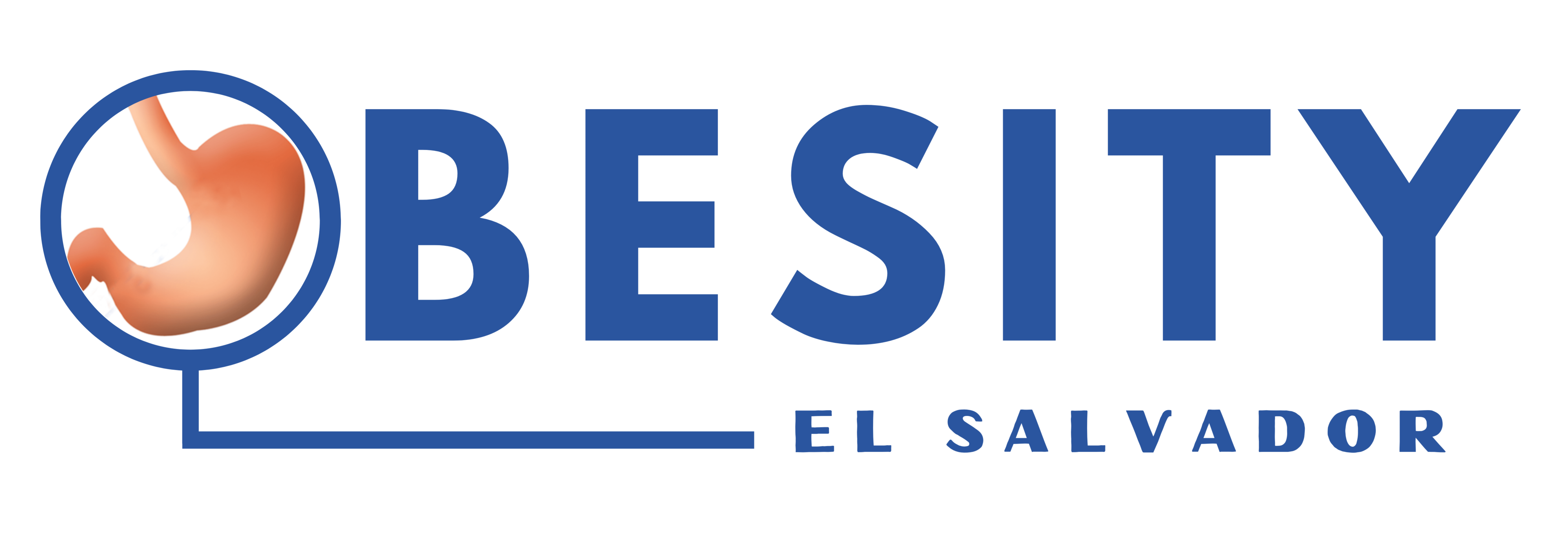It is clear that conservative treatment involving diet and exercise has a 95% failure rate in people with morbid or extreme obesity. Therefore, in these cases the best treatment is obesity surgery or bariatric surgery.
Bariatric surgery for obesity is the one that is carried out with the objective of achieving a gradual and sustained weight loss, therefore improving many medical problems such as high blood pressure, high levels of fat in the blood, joint problems, etc. It is not an aesthetic surgery since its main objective is to improve the overall health of the patient. However, in most cases after undergoing a bariatric procedure, people witness a massive change in their physical appearance, raise their self-esteem, improve their family and social relationships, and most importantly: significantly improve their quality of life.
Some people believe that obesity surgery is a mutilating surgery, but in reality, it is currently performed by laparoscopic surgery or minimally invasive surgery in the vast majority of cases. It requires 1 to 2 days of hospitalization, and patients return to their usual activities after 7 days. The results are gradual, that is to say that the weight loss is progressive, and the most important thing is that they can be sustained.
There are basically 2 ways in which surgery can produce weight loss, and from which we derive the modern bariatric procedures, which are:
- Restrictive: It consists of restricting the capacity of the stomach, and therefore decreasing the total food intake.
- Derivative: It involves the deviation of the normal transit of food in the organism, through anastomoses (unions) between the intestines and the stomach.
Currently, there are many bariatric procedures, each one has its own advantages and disadvantages, the most studied and commonly performed are:
- Gastric Sleeve
- Gastric Bypass
- Switch or Duodenal Switch
- SADIS
- Gastric plication
- Gastric banding
The gastric sleeve is a restrictive procedure, which means that it is a procedure by which the patient will eat less food.
It is a combined procedure that has restrictive and malabsorptive effect that produces excellent results in weight loss and as a solution for medical problems.
It is a mainly a malabsorptive procedure that has excellent effects in weight loss and metabolic disease control, but it requires strict dietary care and supplementation.
The SADIS technique is a technique that combines three utilities: treatment of extreme obesity, treatment of type two diabetes, and revision in case of failure of gastric sleeve.
It is a restrictive procedure that consists of folding the stomach over itself, with non-absorbable thread stitches.
It is less recommended due to its side effects and non-lasting results. It is a restrictive bariatric procedure, that is, it limits the amount of food that can be ingested and achieving significant weight loss.

